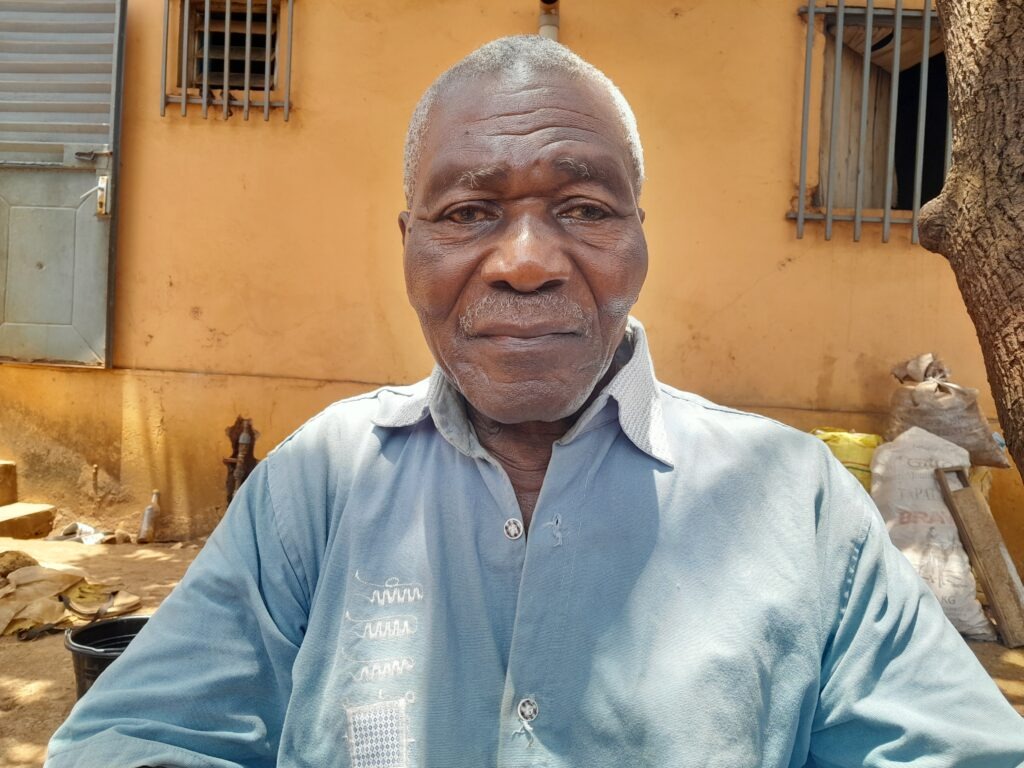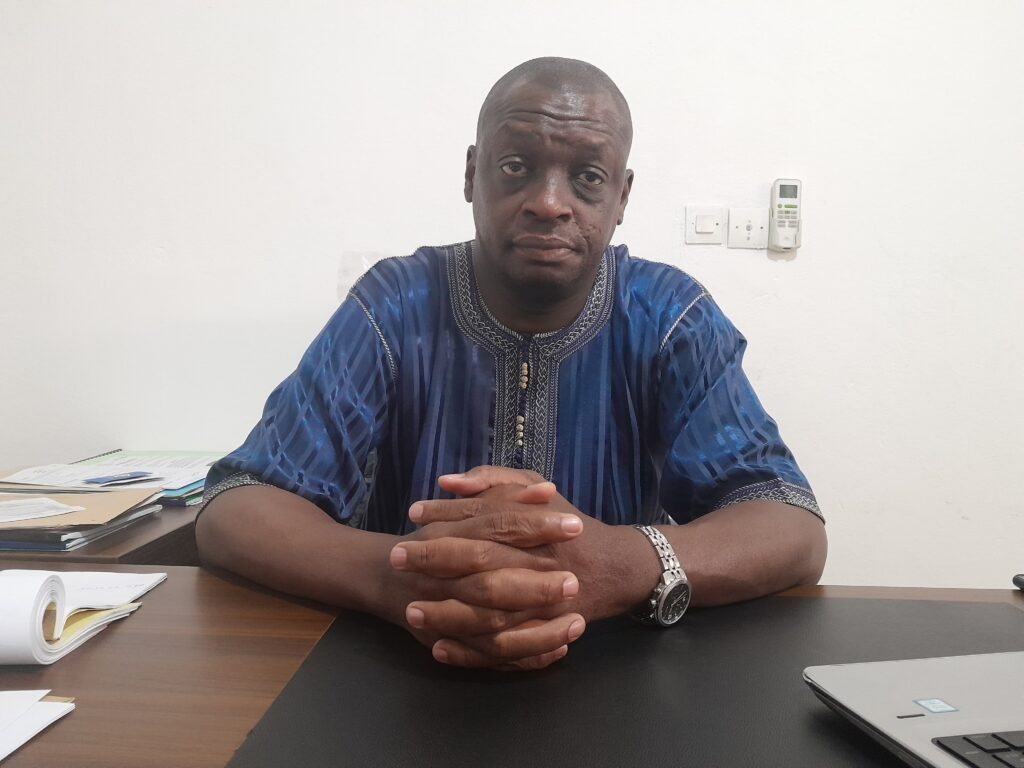Today is May 3, 2023, International Press Day. Celebrated every May 3, this year’s day is themed “Shaping a Future of Rights: Freedom of Expression as a Driver of All Other Human Rights”.
Freedom of expression, which is a set of opinions expressed in various ways and by different actors, has done much for the enjoyment and protection of human rights in Guinea. While its affirmation has largely flourished through artistic, societal or civic works in Guinea, the press has played a great role in freedom of expression to protect citizens from repeated violations of human rights and its enjoyment.
The fight against the third mandate!
This is the case, for example, of the fight against the third term, where thousands – even millions – of Guineans protested against a modification of the Constitution paving the way for a third term of President Alpha Condé. If the demonstrations were originally sporadic in order to discourage developers, in October 2019, hostilities have begun. Guineans have witnessed clashes between protesters and police by throwing stones against tear gas. And to this end, the press has not remained on the sidelines of this fight by giving everyone a voice.
This is the beginning of the contestation of a possible constitutional amendment by the National Front for the Defense of the Constitution to block the way to President Alpha Condé. Once the struggle has begun, the actors of civil and political society are beginning to communicate in order to get Guineans to join the fight in which the FNDC has fought.
The press and freedom of expression, “the two go together”
This fight against any third mandate was made through both audiovisual and written communication for strategic reasons, explains Jacques Lewa Leno, director of Espace TV: “ The two go together, the press is a means by which freedom of expression can be applied. Where the written press is a little less more effective than the others is in its ability to cover a much wider geographical space and then its ability to penetrate everywhere. Radio, for example, can cover the entire planet. »
These all-out struggles – marked by arrests, imprisonment, and the muzzling of certain media and journalists – have resulted in the takeover by the army in September 2021. Despite everything, the press has remained in its place to play its role as a watchdog within society. And this not without difficulty. Other media were in the sights of the authorities at the time, where ” They used a very simple method “says Jacques Lewa Lenon. ” You have the freedom to express yourself, but we do not give you the information, despite the law of freedom of access to public information “, he laments.
A fundamental freedom
To this we must add that freedom of expression is consecrated even by the UN. Thus, in the premises of Amnesty International Guinea, where we spoke with the executive director, there is on the wall of the building, a poster of article 19 of the Universal Declaration of Human Rights relating to the freedom of expression. Souleymane Sow, director of Amnesty Guinea, recognizes that if the press has been in favor of freedom of expression for the enjoyment of other human rights, as Jacques Lewa Leno explains, this has also mitigated its repeated violations of human rights.
“Today, the Guinean government, any government, wanting to do a bad thing, would think ten thousand times to prevent it from appearing in the media. Because, if ever, journalists find out, it will create uprisings, protests or other “, he hammers.
The press, witness of all times
In Guinea, this enjoyment and protection that freedom of expression brings to other human rights does not, however, date from today. To trace the thread of history, we called on the memories and expertise of a great voice in the Guinean press. This is Odilon Théa, a sixty-year career, including 33 years of effective practice as a journalist and 27 years as a teacher and consultant in the information profession.
From the height of his 81 years, Odilon remembers the difficult times as if it were yesterday. For him, human rights have been promoted by freedom of expression through the press, even in times of Revolution of Ahmed Sékou Touré. Hence the existence of newspapers like the Horoya, “Freedom” in French, supposed to allow journalists and citizens to express opinions. Even if ” at the time, it was the revolution with a single party “, explains Odilon. ” But, all the same, there were people who didn’t agree, who had their own way of expressing it. But it’s always with the press, whether national or international. he adds.

Break the monopoly
The death of Ahmed Sékou Touré and the arrival of the military in power will allow ” to break the monopoly that the revolutionary press had “, explains Odilon Théa. This, with the arrival in the 1990s of newspapers like Lynx, The Independent« who fought hard for the protection of human rights in its years of pluralist elections and opposition oppression “, he remembers, before adding, with a sketched smile ” these were even the golden days of the press. »
Beautiful times of the paper newspaper, reinforced by the advent of the first online daily newspaper, Guineenewsin October 1997. The information site, created to inform the diaspora, will quickly expand and thus allow Guineans to have a space where to debate without risk: “ not only was there the site, but also a forum, a platform that allowed Guineans to discuss topical issues. It was really a novelty, because there were very heated debates on the forum that we could not say on the ground », Explains the Coordinator and Head of Office of Guineenws, Amadou Tham Camara.

If freedom of expression is the engine of all other human rights, in Guinea the press is perhaps the fundamental piece for the functioning of this engine.
